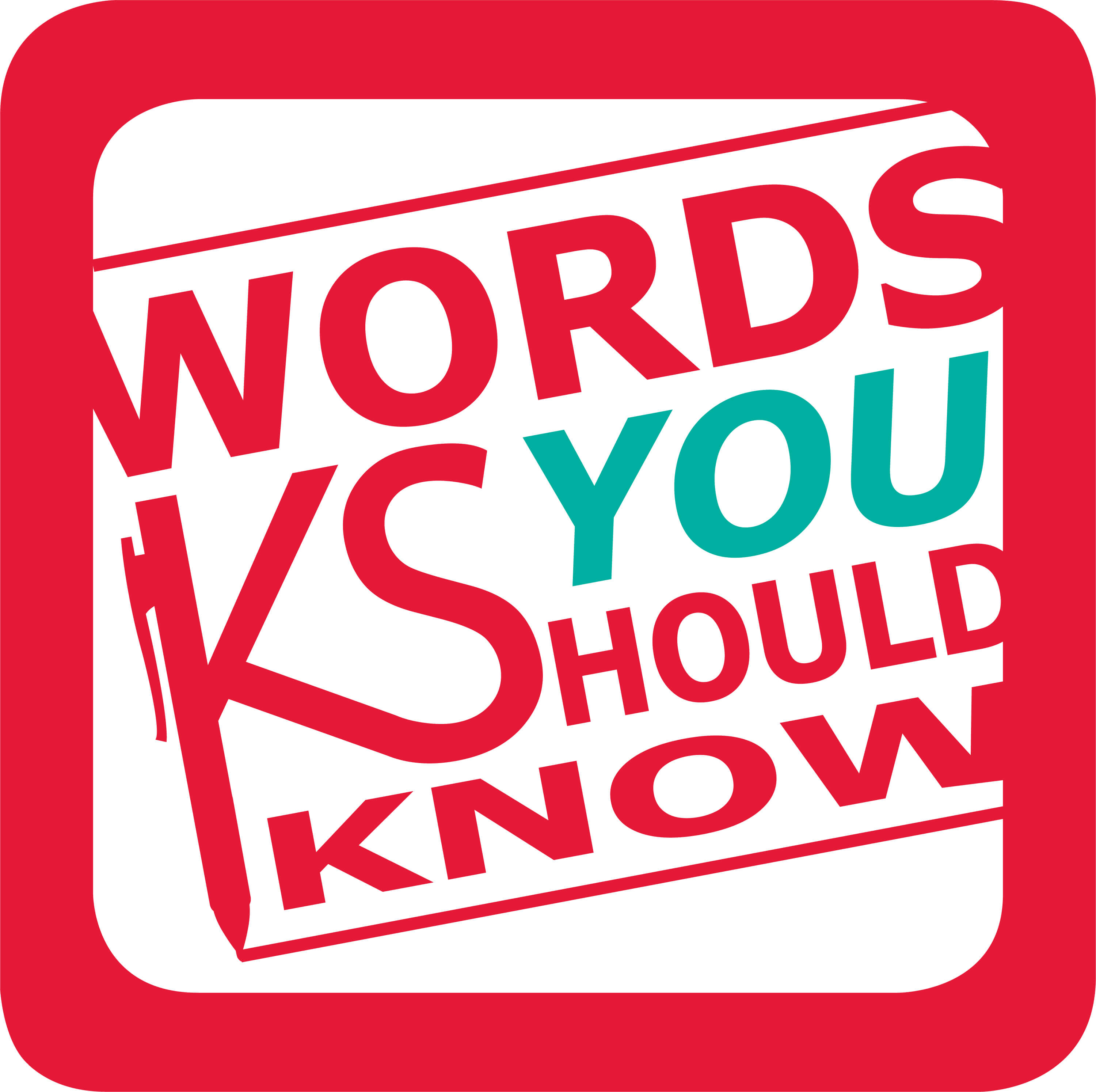
This podcast is on one of my favorite explorations. It’s all about words you wish existed.
Sometimes the world seems annoyed that there just isn’t a word to express exactly what you want. There’s no English word for that intimate feeling of sitting around a fire in the winter with close friends (though it exists in Danish: hygge). There’s no word for the feeling of anticipation when you’re waiting for someone to show up at your house and you keep going outside to see if they’re there yet (though it exists in Inuit: iktsuarpok). Or what about the word for that panicky hesitation just before you have to introduce someone whose name you can’t quite remember? (The Scots call this tortle.)
What’s the word for the act of annoying older brothers (vybafnout)? Or the scratching of your head in order to help you remember something you’ve forgotten (pana po’o)? Or that old trick where you tap someone lightly on the opposite shoulder from behind to fool them (mencolek)? Just look at Czech, Hawaiian or Indonesian respectively, and they have your answers.
Of course, sometimes the word you need seems simple. How do you differentiate a singular versus plural “you”?
But here’s the secret. For this one, at least, the English language already has an answer.
Season 2, Episode 2 – The plural form of “you” already exists (and all these other words you’ve always wanted)
Podcast: Play in new window | Download
Approximate transcript:
Where I grew up, “y’all” is as everyday as the Appalachian Mountains that surround you like an embrace, but I now have family and friends who cringe a bit at that word. A few even occasionally use “yous,” and I try my best not to shudder, though I realize my own regionalisms probably have the same effect on their ears.
Maybe you have the Goonies in the back of your head, with Sloth saying “Hey, you guys…” And, again, while it offers an answer, “you guys,” is still not quite right. While many utilize “guys” as a gender-neutral word, it still has a male connotation that doesn’t always sit well.
Slate recently published an article about this problem, arguing for the natural growth of “y’all.” I hear you, Slate. I absolutely do. Y’all have a great argument. In fact, I’m with you. I just don’t see it happening any more than someone living in the Blue Ridge Mountains of Virginia suddenly taking up “yous” in their everyday speech because it offers an answer to the linguistic problem at hand.
There are substitutes that come up, like “everyone,” “team,” and my old favorite “folks,” but I’d like to point out that the English language itself offers up an answer. It’s not one that’s especially modern, but it exists and should at least be a part of this conversation.
Let me remind you about “Ye/You” vs. “Thee/Thou”:
In the English of Shakespeare and the King James Bible, there were multiple versions of the word we now know simply as “you.” There were adjustments for singular or plural, sentence subjects versus sentence objects, and even for levels of respect.
- “Thou” was the singular version of today’s word “you,” when it was used as a subject (e.g., “Thou sings so beautifully”; “get thou back to your studies”).
- “Thee” was the singular version, when it was used as an object (e.g., I took thee to the castle; he called thee).
If we really want to dive deep here, we can even talk about “thy” and “thine,” which rhyme and function like second person singular versions of “my” and “mine”—or more simply said, they are the equivalent of “your” and “yours” for just one person.
Of course, “thee” and “thou” were also used as word choices of intimacy or as a sign of a lower station or rank. Close confidants would use “thee” and “thou,” as would adults speaking to children and the more powerful speaking to someone lower according to class hierarchies of the day.
- “Ye,” could be compared to the French word vous. It is the subject pronoun to use when looking for that plural “you” of today—when you know “y’all” and “yous” aren’t the answer—or when speaking to someone, to whom you need to show respect.
Wow, even talking about respectful language is making me throw in a formal “to whom.” No ending with a preposition today, folks.
Of course, this version of “ye” is not to be confused with the other older version of “ye,” which was a substitute for “the” in the era where T + H was not yet the standard spelling of the “th” sound. (More on that here. You know you’re intrigued.)
- “You,” of course, is the word we know and love—or at least that we know and use. Originally, it was designed only as a second person plural object form, but it’s shed its past limitations, hasn’t it?
If we’re going to make a push for more clarity with our plural “you,” I say, why not bring back the “thee/thou/thy/thine” forms to complement it, and let’s throw “ye” back into the conversation. A bit old-fashioned, sure, but there’s thoughtfulness and respect hiding in these old forms that might do good for our communications and society.
Let’s let “you” be “you.” It just needs some company to solve this contemporary problem.
Am I serious? Not completely. But if we’re going to talk about what to do about the plural “you,” let’s at least have the history of “you” as a part of the conversation.
Join 1,000+ subscribers and sign up for my writing and editing email newsletter for more tips like this.
And don’t forget to subscribe to this podcast (via Apple Podcasts, Android, Google Podcasts, Stitcher, or RSS) so you’ll never miss out on another word you should know. Many thanks to those of you who have taken the time to rate my show on iTunes or wherever you listen.
Words. Language. Communications. You’ve got this.
